The Executive Function of the President of The Gambia is clearly outlined in the Constitution, placing him at the forefront of efforts to combat corruption.
The Constitution not only mandates the President to exercise executive powers but also requires him to address corruption—a key threat to governance, human rights, and national development.
The Constitution explicitly defines corruption as grounds for the removal of public officials, including the Vice-President and Ministers, and mandates their disqualification from public office if found guilty. Furthermore, the code of conduct for public officers under Chapter 21 emphasizes the importance of integrity and adherence to the rule of law, reinforcing the President’s duty to uphold transparency and accountability.
In light of President Adama Barrow’s controversial remarks during an interview with journalist Alieu Ceesay on January 30, 2025, the Executive Director of the Economic and Financial Crimes and Social Justice Commission (EFSCRJ) expressed deep concern.
President Barrow stated, “We cannot eliminate corruption, but we can minimize it… Corruption is as old as mankind. Corruption is all over the world… They institutionalized their own corruption, so they cover it.” These comments, seen as rationalizing and downplaying the seriousness of corruption, signal a troubling abdication of responsibility, urging a more active approach in addressing the menace.
Corruption is not just a financial or legal issue; it is a moral and ethical crisis that erodes the foundations of society, impacting human rights, public goods, and citizens’ access to vital services. Corruption hampers development, perpetuates inequality, and undermines the core values of democracy and justice.
The statement by President Barrow is seen as contradictory to his constitutional obligations to fight corruption, as it risks perpetuating the very systems that hinder national growth and the wellbeing of the people.
The rampant corruption in The Gambia is the root cause of critical issues like the “Backway” migration crisis, poor health facilities, substandard education, and dilapidated infrastructure—issues that have plagued the nation for decades. These problems cannot be solved by rationalizing corruption or downplaying its impact.
EFSCRJ urges President Barrow to retract his comments publicly and to send a clear message to the Gambian people and public officials that corruption will not be tolerated. The time has come for decisive action, including a commitment to support the anti-corruption bodies and ensure full accountability for corrupt acts that have crippled the country.
In addition, the EFSCRJ calls for a renewed focus on equipping the Gambia Police Force and the Attorney General’s Office to intensify efforts in tackling corruption. Numerous audits, resolutions by the National Assembly, and official inquiries have exposed massive corruption within the public sector—issues that remain unaddressed and unaccounted for.
As the formation of the Anti-Corruption Commission progresses, EFSCRJ stresses the importance of the President’s unwavering support for this body. It is crucial that the commission operates without interference and upholds its mandate to fight corruption. The failure to address corruption will only condone impunity and further erode trust in government institutions.
In this critical moment, we call on President Barrow to demonstrate true leadership by prioritizing transparency and accountability, marking 2025 as The Year of Transparency and Accountability for the people of The Gambia.
For The Gambia, Our Homeland.

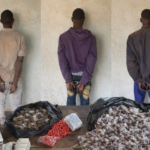

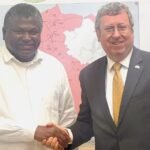


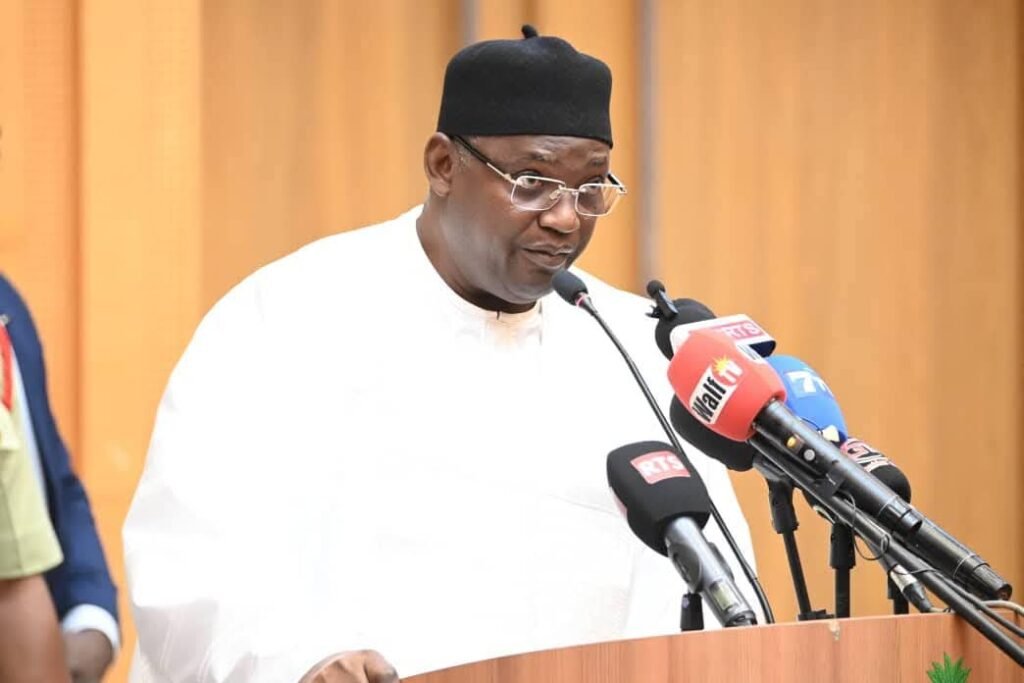
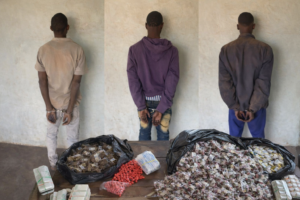
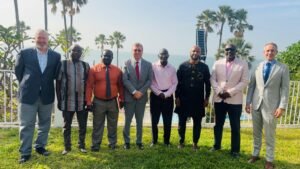
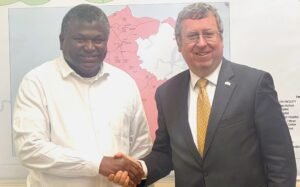

More Stories
U.S. Embassy Banjul hosts media roundtable on bilateral relations, transparency
Banjul Mayor hails Senegal’s AFCON triumph, praises discipline, continental pride
U.S. Mission Nigeria reopens American Center with arts, culture, technology focus